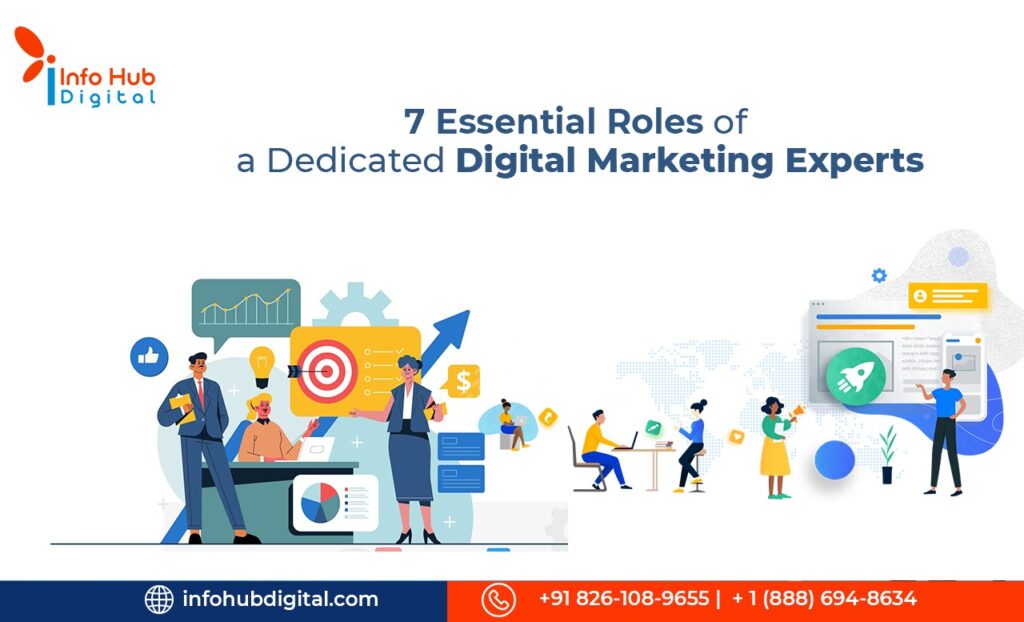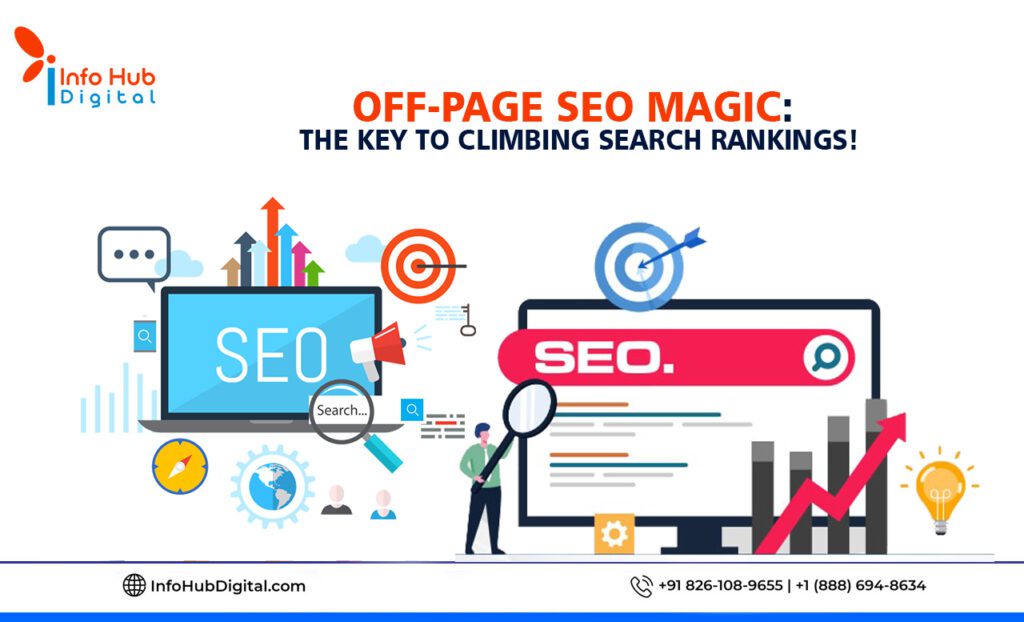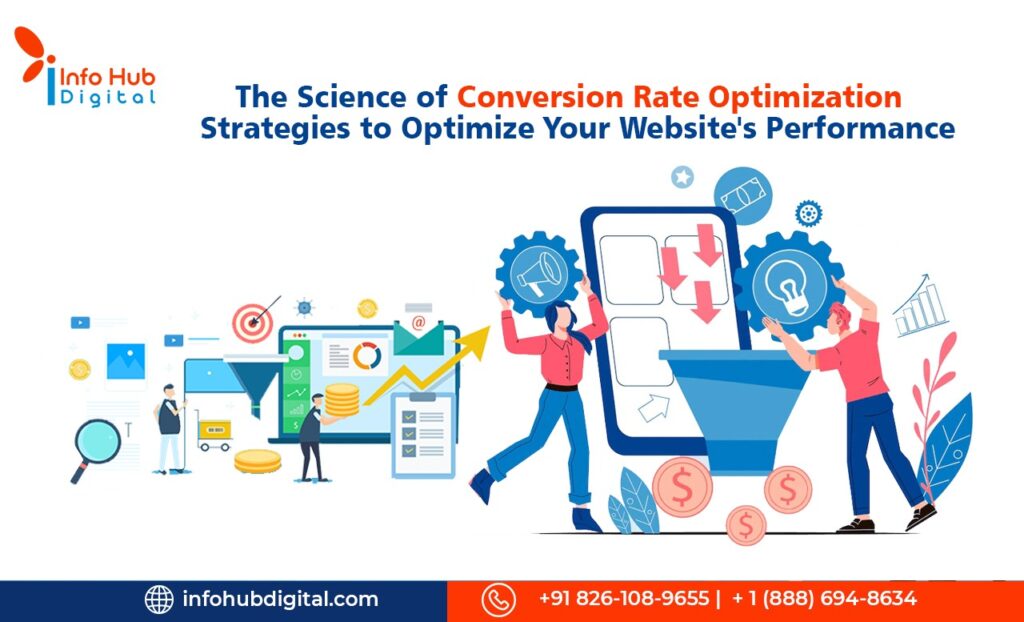Given the size of the digital industry, it can be difficult for newcomers or marketers looking for a niche to navigate. Maybe you’re thinking of hiring a digital marketing manager for your firm or becoming one yourself. In either instance, it is vital to understand the work process of a digital marketing expert and the necessary qualifications for the role.
Great digital marketers will be able to learn on their own, adapt quickly, and be prepared to change careers accordingly. As they work with good clients, they will be able to communicate effectively and establish cohesive teams.
Table of Contents
How can a digital marketing specialist set themselves apart from the competition?
Let’s read through 7 essential positions to stay relevant in the ever-changing digital industry.
1. Search Engine Marketing (SEM) and Search Engine Optimization (SEO)
If you want to create a successful digital marketing strategy, basic awareness of SEO best practices is mandatory.
Employing the best technical staff and delegating respective duties gives you better results.
On a data and content level, SEO and Search Engine Marketing (SEM) promotes a complete digital marketing approach. As a result, you’ll need to be able to talk about it with your coworkers. The fundamentals of SEO and SEM complement in providing good scope for digital marketing.
2. Content Marketing
Since the foundation of digital marketing, content marketing will always be in demand. However, content creation is a roller coaster ride in itself. We need to be on our toes when creating unique content, requiring extensive research and content styles.
To engage and convert audiences, understanding a successful content strategy and providing SEO-friendly content across platforms become crucial.
Moreover, information may come in several formats, such as video, social media, emails, site content, blogs, e-books, films, white papers, and so on, creating challenges in content creation. As content takes the center stage in social media, you must be knowledgeable about social media marketing too.
3. Data Analytics
As you focus on digital marketing, analytics will be a critical component of your strategy; assisting you in developing superior data-driven campaign decisions. The challenging part is to determine ways to gather and use data, allowing you to get clarity about consumer behavior with proper solutions to improve traffic and conversions. Monitoring and reporting are easier with tools such as Google Analytics.
4. Be Tech Savvy
As the sector is reliant on technology, you must have a thorough grasp of it as well. If you are a millennial or younger, you are a digital native. However, older generations may want to make an effort to learn not only specific technology, but also commonly used software and tools such as audience listening, or SEM.
5. CX (customer experience) and UX (user experience)
Understanding the fundamentals of web development and practical knowledge about Content Management Systems (CMS) give you an upper hand over your competition.
6. Retention marketing and customer relationship marketing:
Your ability to communicate and listen helps both your role as team leader and your customer-understanding tactics. Knowledge of customer relationship management and retention marketing ensures better customer satisfaction.
7. Understand design thinking planning
The term “design thinking” refers to a strategy of approaching problems from a user-centered standpoint. The concept simply encourages us to address large-scale, complex difficulties from a human-centered standpoint.
According to The Interaction Design Foundation, the five primary steps of this technique are empathize, define, ideate, prototype, and test. This works well because it emphasizes the user experience, which is critical for successful digital marketing.







